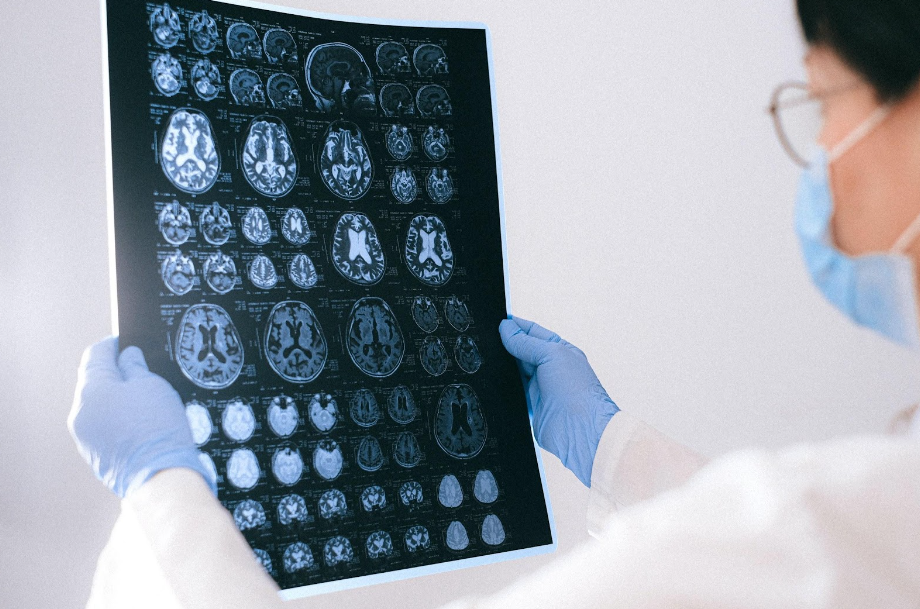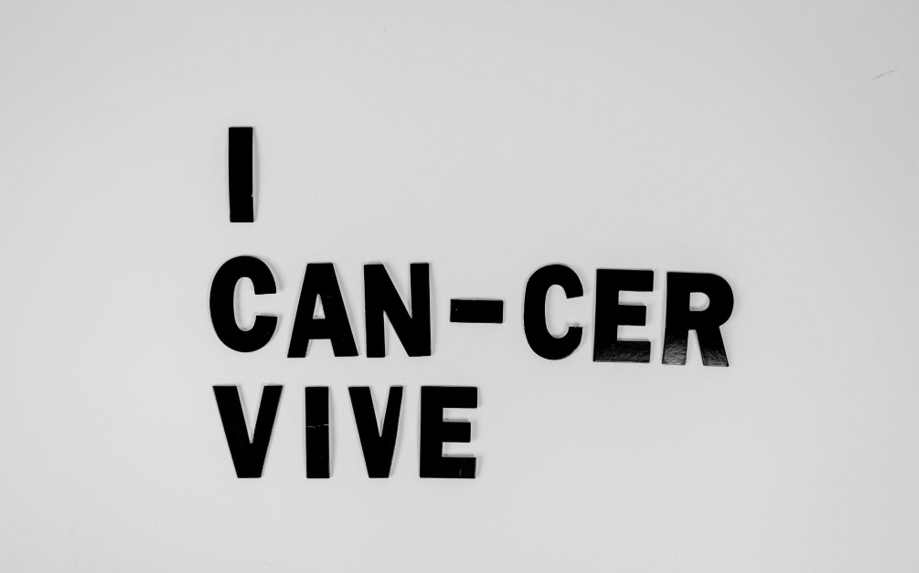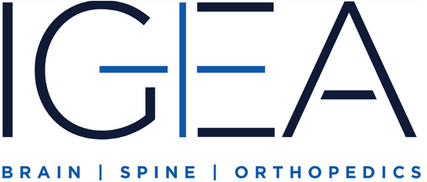Understanding Dementia
Understanding Dementia

Dementia is a health condition affecting more than 55 million people worldwide in 2022, and the numbers may drastically increase in the next 30 years. While it might not seem obvious until you start getting older, a decline in memory and mental abilities is severe enough to interfere with daily life and does so quite easily imagining not only forgetting where you put your car keys but forgetting that you can drive at all, for example. As for what causes dementia, there can be several different diseases or health conditions that lead to a mental decline.
In this blog, we will look at what dementia is, what its causes, symptoms, and treatment options are.
What Is Dementia?
Dementia is a common term used to describe a wide range of symptoms related to a decline in memory and intellectual functions. Dementia causes damage to the brain nerve cells resulting in a decline in memory and other cognitive functions. There are many types of dementia, and all of them affect the brain.
The common symptoms of dementia include progressive memory loss, declining decision-making ability, inability to learn new things, and behavioral changes. There are treatment options for dementia, but most of these treatments can only manage the symptoms and slow down the disease from progressing.
What Are the Different Types of Dementia?
There are many different causes of dementia, but some are more common than others. Here are the top 5 causes of dementia:
1. Alzheimer’s Disease
The most common cause of dementia is Alzheimer’s disease. Alzheimer’s disease is a degenerative brain condition that leads to cognitive decline and memory loss. Patients with Alzheimer's have clumps of protein beta-amyloid (plaques) and fibrous tangles of tau protein in their brains. These plaques and tangles damage the healthy neurons of the brain and cause dementia.
2. Vascular Dementia
Vascular dementia is caused by problems with the blood vessels in the brain, which can lead to strokes or mini strokes. These can damage brain tissue and cause cognitive problems. Some of the most common symptoms of vascular dementia include slowed thinking, lack of focus, and difficulty in being organized. Vascular dementia can also damage the brain in other ways like damaging fibers in the white matter of the brain.
3. Lewy Body Dementia (LBD)
This form of dementia is caused by the build-up of Lewy bodies in the brain, which are abnormal balloon-like clumps of proteins. LBD is a more common form of progressive dementia. Along with several cognitive issues, LBD can cause problems with movement. Furthermore, it can also cause visual hallucinations, tremors, and uncoordinated movements in some patients.
4. Frontotemporal Dementia
This type of dementia is caused by damage to the frontal and temporal lobes of the brain, which can lead to changes in behavior and personality. The damage in the nerve cells of the frontal and temporal lobes of the brain can further affect the language, movement, and judgment of the patient.
5. Mixed Dementia
Generally, people over the age of 80 have dementia that is caused by a combination of many different forms of dementia. Someone, for example, could have LBD while also having vascular dementia, making the type of dementia mixed in nature.
If you or a loved one is experiencing any of the symptoms of dementia, it’s important to see a
doctor for a diagnosis. There is no one-size-fits-all treatment for dementia, but early diagnosis and treatment can vastly improve quality of life.
What Are the Symptoms of Dementia?
The symptoms of dementia include both cognitive and psychological changes in the one who has it. Here are some of the most common symptoms of dementia:
- Memory loss
- Difficulty in communication or finding words
- Difficulty handling day-to-day tasks
- Difficulty in managing things
- Difficulty in movement
- Visual and spatial difficulty
- Disorientation and visible confusion
- Difficulty in reasoning
- Tremors
Other psychological changes associated with dementia include:
- Anxiety
- Behavioral and personality changes
- Depression
- Visual Hallucinations
- Hyperactive behavior
- Paranoia
How Is Dementia Diagnosed?
The process of diagnosing dementia can be pretty long and complicated as there are no specific tests or imaging studies that can definitively diagnose dementia. It requires evaluation by a team of neurologists, psychiatrists, and other specialists. The diagnosis of dementia, therefore, is based on an evaluation of the person's ability to perform activities of daily living, such as bathing, dressing, eating, and going to the bathroom. Other tests measure things like walking, balance, coordination, vision, and hearing. Testing will also include a thorough look at the patient's medical history, general appearance and behavior, and family history.
Frequently, the physician will speak with the family member who is the main caregiver, who will be questioned about the patient's behavior. In addition, the physician will ask a series of specific questions about the patient's memory, language, and behavioral changes. These tests can be given in a doctor's office or a hospital, or they might require the patient to go to a special testing center.
Treatment Options for Dementia
There is no one-size-fits-all answer to this question, as the best treatment approach for dementia will vary depending on the individual and the type of dementia they are living with. However, a few general treatment options are often used to help manage the condition:
- Managing the Symptoms: One common treatment approach is to focus on managing the symptoms of dementia. This can be done through medication, therapies, and lifestyle changes. Medications can help to improve cognition and memory, while therapies can help to address behavioral changes. Lifestyle changes, such as maintaining a healthy lifestyle and social activities, can also help to improve symptoms.
- Slowing the Progression of Dementia: Another approach is to try and slow the progression of dementia. Again, this can be done through medication, lifestyle changes, and brain training exercises. Medications can help to protect the brain from further damage, while lifestyle changes and brain training exercises can help to improve cognitive function and delay the onset of dementia symptoms.
Whatever approach is taken, it is essential to remember that dementia is a progressive condition with no cure. However, with the right treatment approach, many people with dementia can live well for many years.
What Are the Risk Factors Associated with Dementia?
Dementia is one of the most common degenerative diseases worldwide. While its cause is still unknown, several risk factors have been linked to the development of dementia. The top 6 risk factors associated with dementia are as follows:
- Age: The risk of developing dementia increases with age. Almost one-third of all people over the age of 85 have dementia.
- Family History: Having a family member with dementia increases your risk of developing the condition.
- Chronic Health Conditions: People with chronic health conditions such as stroke, heart disease, and diabetes are at a higher risk of developing dementia.
- Smoking: Many studies have suggested that smoking increases the risk of developing dementia.
- Alcohol: Excessive alcohol consumption has been linked to an increased risk of developing dementia later in life.
- Down Syndrome: Studies have shown that few people with Down syndrome by middle age can develop an early onset of Alzheimer's disease, which can lead to dementia.
In Conclusion
Dementia is a progressive brain disorder, meaning that the sooner it is detected, the sooner it can be managed, giving the person with dementia that much more quality of life. If you are concerned that you or a loved one might have dementia, having a specialist perform the necessary tests to diagnose you is never a bad idea.
At
IGEA Brain, Spine, & Orthopedics in New Jersey and New York, our board-certified neurosurgeons are experts in the field of dementia and neurodegenerative disorders. Our team is dedicated to providing compassionate care for each patient we serve. As a leader in the field of stroke and dementia treatment, we offer surgical and minimally invasive therapies that improve your quality of life.
Contact us today to learn more about our neuropsychological services.







